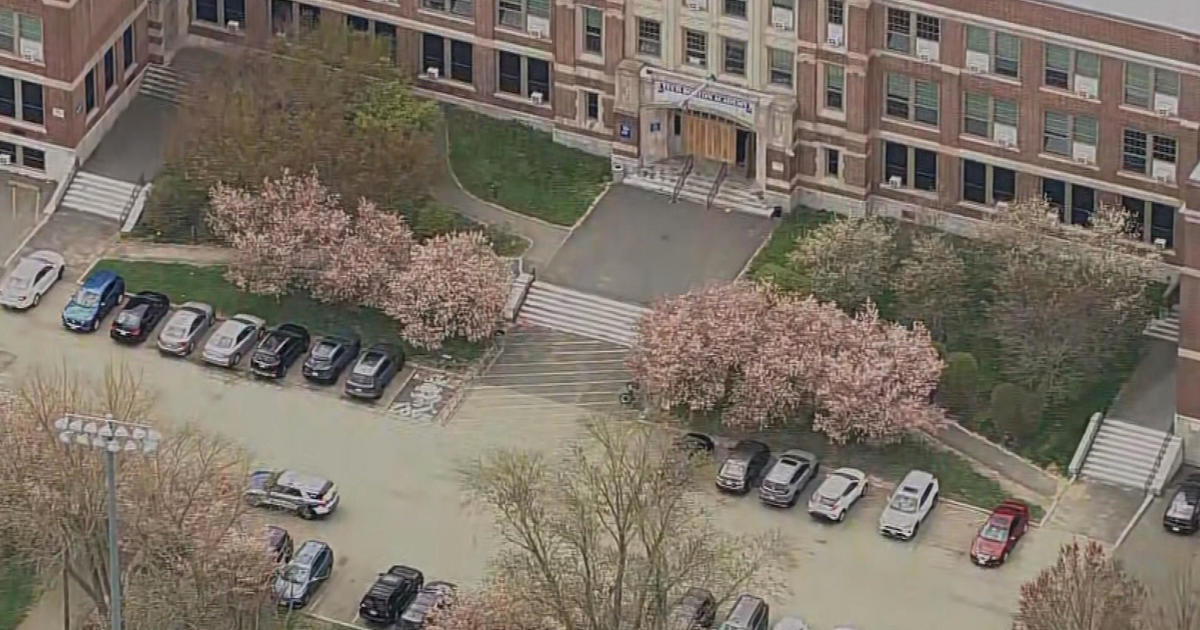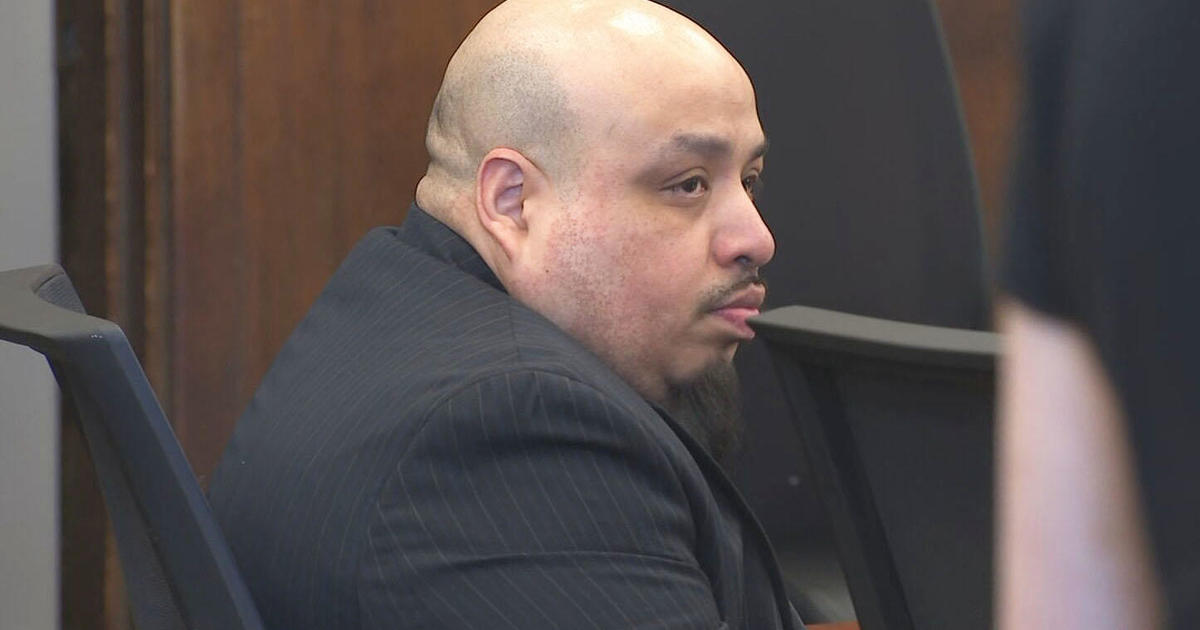Mass. State Lawmakers Send 'Millionaire Tax' Question To Voters
BOSTON (AP) — Massachusetts lawmakers voted Wednesday to put the fate of a proposed "millionaire tax" constitutional amendment in the hands of voters on next year's ballot.
The proposal passed on a 159-41 vote in a joint session of the Legislature, guaranteeing it a place on the November 2022 ballot.
In 2019, lawmakers approved the same measure by a 146-48 vote during a joint session of the Democratic-controlled Legislature. Two votes by two separate sittings of the Legislature is needed to advance a proposed constitutional amendment to the ballot.
Supporters of the measure say the proposed 4% surtax on the portion of an individual's annual income that exceeds $1 million would generate about $2 billion in annual revenue to be used for education and transportation. The $1 million threshold would be adjusted each year to reflect cost-of-living increases.
The vote likely marks the start of pitched battle for the hearts and minds of voters over the next year and a half, with supporters arguing the tax is needed to help pay for critical investments while opponents say the measure will cost jobs and push some of Massachusetts' wealthiest citizens to flee the state.
The state's constitution currently requires all income be taxed at uniform rates. An earlier, similar effort to raise taxes on about 20,000 of the state's wealthiest residents was knocked off the 2018 ballot after a legal challenge by several business-backed organizations.
The Supreme Judicial Court threw out that version of the millionaire tax, ruling it violated restrictions placed on citizen initiatives by combining taxes and spending in a single ballot question.
Because the current proposal — though identically worded — was initiated by legislators rather than through voter petitions, legal experts have said it's unlikely to face the same legal roadblock.
The proposal is being pushed by Raise Up Massachusetts, a coalition of labor unions, community organizations, and religious groups. They welcomed Wednesday's vote.
"Right now, our economy is working great for those at the very top, but it's not working for the rest of us," the group said in a statement. "The Fair Share Amendment simply asks individuals with incomes above a million dollars in a single year to pay a little more to improve our public schools and colleges, and to upgrade our roads, bridges, and public transportation."
Christopher Carlozzi, Massachusetts state director for the National Federation of Independent Business, said the change could hurt some small businesses.
"Those business owners who spent a lifetime building their business, providing jobs, paying taxes, participating in their communities, will be penalized with higher taxes when they sell their business to retire," he said in a statement. "This means more of a small business owners' money will go into state coffers rather than spent on their golden years."
The business-backed Massachusetts Taxpayers Foundation had urged lawmakers to hold off on voting on the initiative until 2022 to give themselves more time to consider the state's revolving economic circumstances, weigh the potential negative effects of the change, and get a better sense of federal tax law changes under consideration by Congress.
Some opponents of the measure have also challenged the revenue prediction of about $1.9 billion projected by the Department of Revenue six years ago, saying the measure would likely bring in just over 1.2 billion in new taxes at first, while also threatening jobs.
(© Copyright 2021 The Associated Press. All Rights Reserved. This material may not be published, broadcast, rewritten or redistributed.)



